Five ways businesses can step up and show up for First Nations People
Fresh off a showstopping debut at Australian Fashion Week, Wurundjeri-based B Corp Clothing The Gaps has been leading the way for reconciliation thanks to its iconic ‘merch with a message’ and model for caring for Country through purpose-driven business.
Nationally-recognised as the leaders of the groundbreaking Free(d) the Flag campaign, we hear from Clothing The Gaps about how businesses can be brave and make change for reconciliation.

Educate, elevate and promote
At Clothing The Gaps, we are committed to using our brand and platform to campaign, educate and elevate Aboriginal peoples’ voices and causes, and to promote reconciliation. That means using both ally-friendly and mob-only merch to educate and start conversations about causes or issues affecting First Nations people.
Our work also includes advocacy and education campaigns such as ‘Shades of Deadly,’ ‘Free(d) The Flag’ and ‘Waking Up Woiwurrung,’ which challenge stereotypes, celebrate our identities and educate the wider community about the languages and diversity of First Nations people, as well as the ongoing impacts of racism and inequity that we face.
Some people ask us whether a T-shirt can really create meaningful impact, and our answer is: it absolutely can, just watch.
What it means to us to be ‘profit-for-purpose’
As a social enterprise, we are ‘profit-for-purpose.’ That means we use business as a vehicle to self-determine our futures through profit, efforts and resources that support and help to fund the impactful work of the Clothing The Gaps Foundation.
We hold our obligations to doing the best for Community, Country and the people around us at the core of what we do, and always have. And that’s what we want to see from fellow B Corps and the broader business movement.
Businesses hold so much power and influence over the norms held in society; the conversations we have and the stance taken on social justice issues.
If all businesses saw it as their responsibility to use their platforms for promoting social change that is inclusive, sustainable and regenerative, the world could be a completely different place!
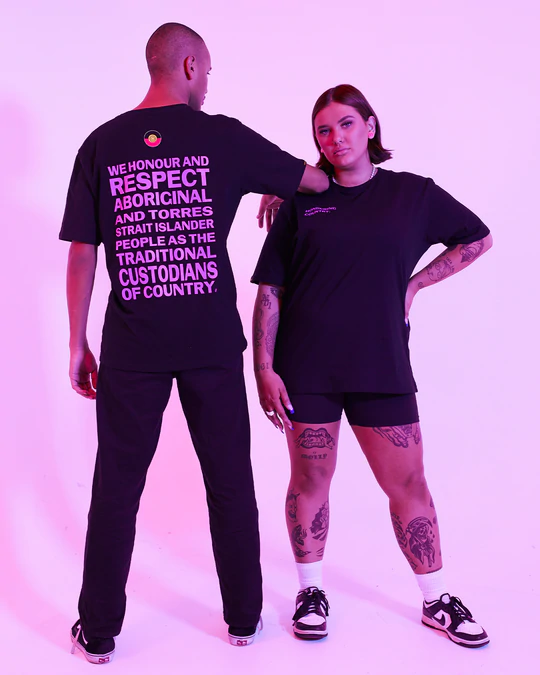
READ: What B Corp certification means to Clothing The Gaps
It is time for the true history of this country to be known
For too long, we have been told to simply ‘get over the past’, yet the past is one that saw our people massacred, our children removed, our languages severed, and our lands stolen and destroyed. It is a past that continues to impact us to this day.
Our people have been telling our stories and calling for Truth-telling since the beginning of colonisation. Yet our voices have been routinely silenced and the true history of colonisation – our shared history – has been denied, covered up and erased.
This is beginning to change, and we need more businesses to step up. Of course, we have a few ideas on how they can do this!
Five ways businesses can step up and show up for First Nations people
1. Use your brand and platform to campaign, educate and elevate First Nations’ voices and causes

If you are a business in Australia, put simply – you are profiting from stolen land. Rather than shying away from that fact and avoiding responsibility disguised as neutrality, we can collectively channel our energy the right way to make small differences that add up to big impact.
Consider how you can use your current skillset, experience, services or even mobilise your community to support First Nations people and movements.
Maybe you’re a writer. A photographer. An organiser. A graphic designer. Maybe you have social influence. Maybe you have a large audience. Or maybe your workplace holds influence. Think deeply about how you can utilise and leverage these experiences and positions for the better.
There are so many examples of allyship that we have experienced as a business. Here are a couple of great ones: fellow B Corp, Minor Figures used the purchasing power of their advertising spend to promote causes we care about such as the Free(d) The Flag campaign and our latest Honouring Country campaign; and Carla Scotto, a non-Indigenous climate change artist, donated a piece of artwork to us to put on tees in the absence of being able to use the Aboriginal flag, and it’s become a bestseller for us.
We also like the term and definition of ‘accomplice,’ which takes allyship one step further.
READ: Allyship beyond the trend – Clothing The Gaps
2. Decolonise your business and commit to Truth-telling
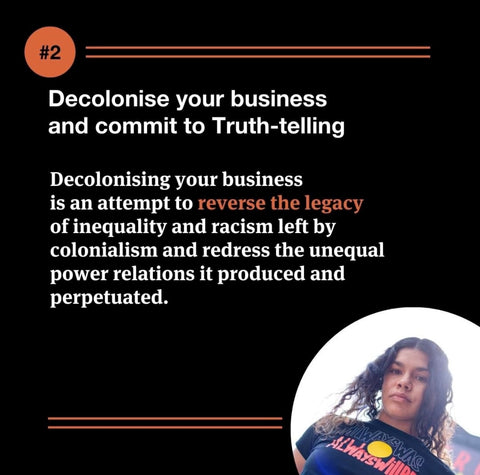
Decolonising your business is an attempt to reverse the legacy of inequality and racism left by colonialism and redress the unequal power relations it produced and perpetuated.
It is different from other equity, diversity and inclusion work and really centres on recognising and acknowledging past events, Truth-telling and taking concrete steps towards meaningful and genuine reconciliation.
The work of decolonisation is ongoing because it continues to violently manifest itself within every institution in this country–in health, education, justice, child protection and land acquisition to name a few.
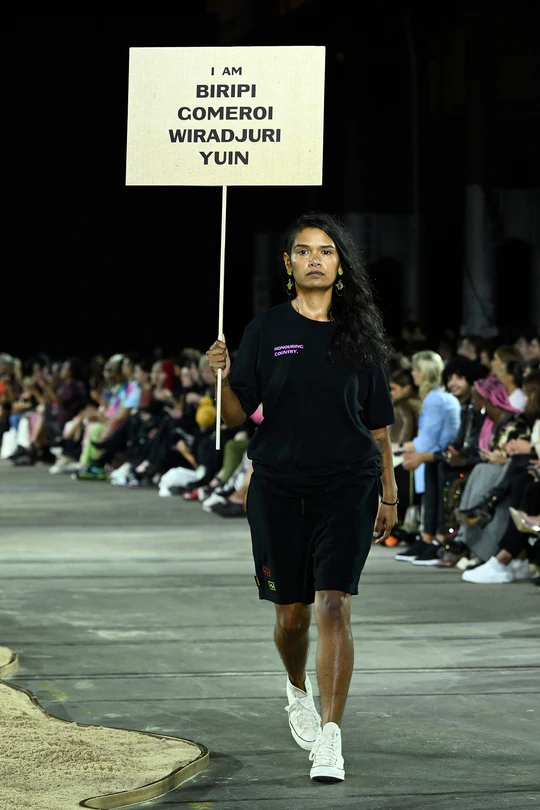
Read more: What is Truth-telling? (Clothing The Gaps)
Think about the ways your company may have benefited historically from all aspects of colonialism and be ready to face often uncomfortable and painful truths. Make a formal and public commitment to redressing them through a RAP or other mechanism and begin making a conscious effort to engage and build relationships with your local Traditional Custodians and the local Aboriginal or Torres Strait Islander Community. Keeping in mind that you are tapping into Indigenous knowledge systems and, like you would other consultants, you need to pay for people’s time and expertise.
Allow yourself to get uncomfortable. It’s okay to be uncomfortable because you can be immersed in the experience and learn from it.
Aboriginal and Torres Strait Islander peoples have spent so much of their life in uncomfortable moments.
3. Take responsibility for your own learning and unlearning

In a country that continues to systemically oppress First Nations people, ignorance is dangerous. Below is a list of resources to get you started from a campaign we are supporting led by Rarriwuy Hick called Our Kids Belong With Family. The campaign is centred on the overrepresentation of Indigenous children in out-of-home care and the importance of keeping our kids with family and connected to culture.
Read
- Bringing Them Home Report – Australian Human Rights Commission
- Family Matters Report – SNAICC
- ‘Stolen Girl‘ by Trina Saffioti
- ‘Orphaned by the Colour of My Skin: A Stolen Generation Story‘ by Mary Terszak
- ‘Stolen’ by Jane Harrison
- Where do you fit? Tokenistic, ally – or accomplice? by Summer May Finlay
Listen
- ‘Took the Children Away‘ by Archie Roach
- ‘Brown Skin Baby‘ by Bob Randall
- ‘Waiting Road‘ by Shellie Morris
- ‘Ngarraanga‘ by Emma Donovan
- Intergenerational Trauma – Healing our Way
- The Child of the Stolen Generation – The Deep
- Australia Isn’t Sorry – Koori Yarn
Follow
- Know Yourself – Instagram @idknowyourself
- The Healing Foundation – Instagram @healingourway
- Common Ground – Instagram @commongroundfirstnations
- Our Kids Belong With Family – Instagram @ourkidsbelongwithfamily
- Grandmothers Against Removal – Facebook @GMAR.grandmothersagainstremovals
- Millennial Black – Instagram @officialmillenialblack
This is by no means an exhaustive list. Keep digging, keep clicking through the links.
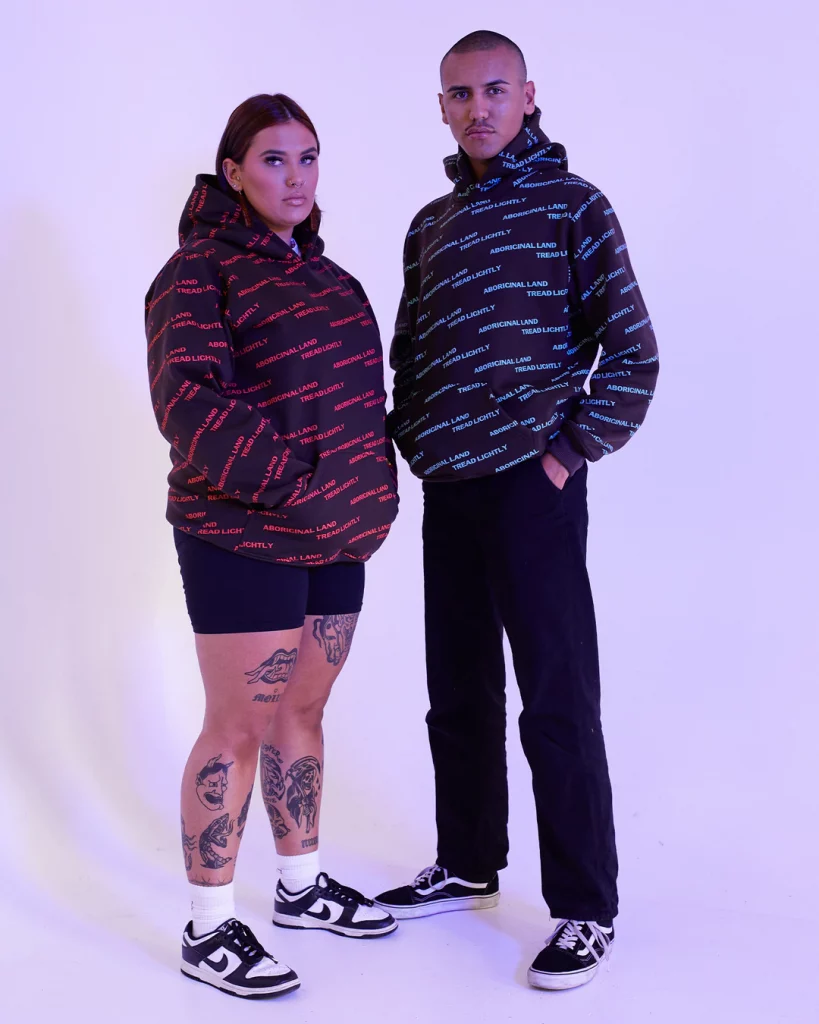
4. Find your role in the movement, not the moment
Every year, in the weeks leading up to January 26, Reconciliation Week and NAIDOC Week – we see heightened support for Indigenous people and causes with a growing number of people now opposing the celebration of invasion and the continued impacts of colonisation. Unfortunately, justice and liberation for First Nations people is at the centre of conversations for only a short time.
These conversations briefly gain momentum, awareness increases, the pressure builds, and then it stops and doesn’t commence again until the next significant event transpires. Essentially, the movement loses ‘popularity’ and stops trending, with January 26 not the only example of this ‘trend’.
Black Lives Still Matter, and bla(c)k deaths in custody continue. If your allyship is transient or burdening towards First Nations people, you must rethink the work.
First Nations people aren’t afforded the privilege of just ‘getting over it’. We want to see visibility, energy and pressure all year round – not just around culturally significant events or dates, and not just to align with what’s trending, because the romanticised rhetoric of moving on from the past is not possible for First Nations people.
Some ideas for doing this include:
- Spend a day a month taking care of Country – grab a bag and spend a few hours collecting rubbish, while taking the time to learn more about the Country you are on.
- Spend an hour a week using your voice, learning and signing petitions for change.
- Ignore public holidays like ‘Australia Day,’ go to work and take an alternate day off instead. Consider spending your day’s wage with First Nations-owned brands and artists, or direct it to Pay The Rent.
Everyone has a role to play and a choice to be better. Neutrality is complacency.
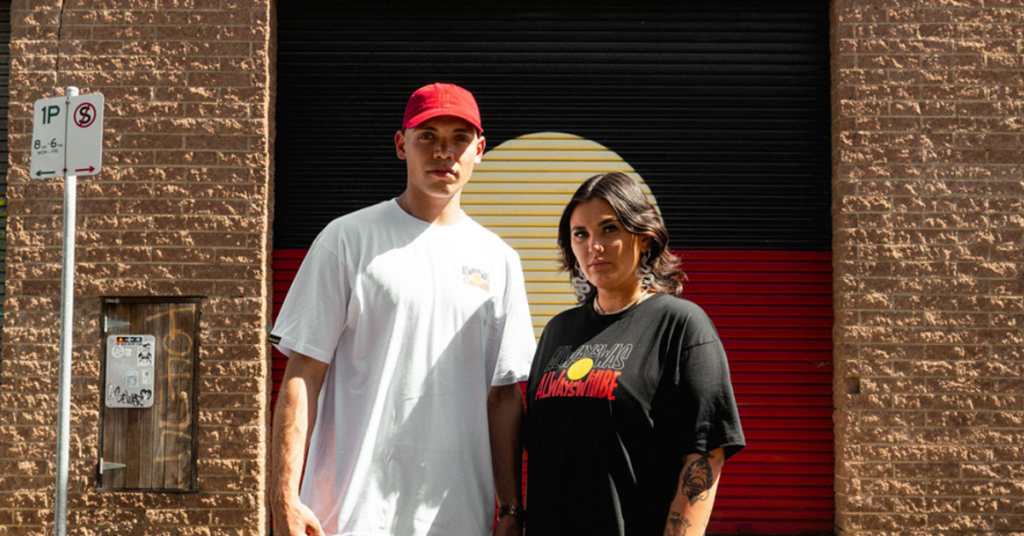
Image: Clothing The Gaps – ‘Always Was, Always Will Be‘
For more ideas: Things to do instead of celebrating genocide
5. Sharing is caring – procure from Blak-owned businesses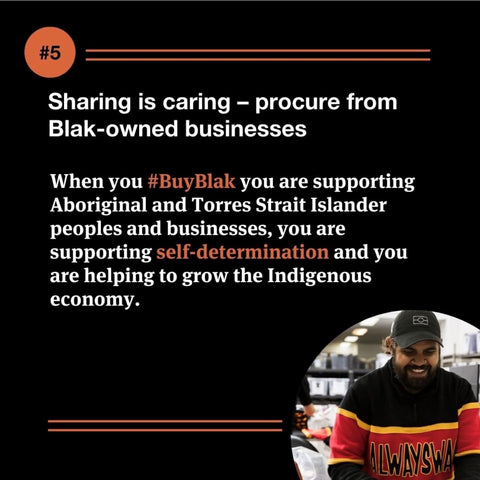
There are so many non-Indigenous allies that truly and genuinely want to make our country better for First Nations peoples. When you #BuyBlak you are supporting Aboriginal and Torres Strait Islander peoples and businesses, you are supporting self-determination and you are helping to grow the Indigenous economy.
Indigenous businesses are over 100 times more likely to employ First Nations people. At Clothing The Gaps, for example, 90 percent of our staff are Aboriginal and/or Torres Strait Islander.
When you rep merch with a message, you are also letting the world know that you support and care about First Nations people.
When we see you wearing our ‘Always Was’ tee, you’re recognising that First Nations people have occupied and cared for this Country for over 65,000 years. We wear our values on our tees and we are proud that there are other people who share the same values as us.
But we know that sometimes it can be confusing navigating the space between allyship and appropriation. We get DMs on the regular that go something like this:
“Hi there, I’m a non-Indigenous person and I really love your products. I want to support Aboriginal people and causes but don’t want to offend anyone or for it to be seen as cultural appropriation. Just wanted to double check before I buy something that it’s okay I wear your Aboriginal designs and merch?”
That’s why we created ‘Ally Friendly’ and ‘Mob Only’ symbols – to help people navigate this. There are also orgs like Supply Nation, who have collated Australia’s leading database of verified Indigenous businesses. You can search by business name, product, service, area, or category to help redirect spend towards Blak-owned business.
We should warn you though – purchasing from Blak-owned brands, businesses and wearing Indigenous designs alone is surface-level allyship. There needs to be more commitment than just that.
Wearing Aboriginal designs is not ostensibly dismantling a system that oppresses Indigenous people. Allies need to do more and learn more.
We want you to go out in the world, have important conversations in your circles of influence and find ways to do more and learn more. Look for ways to redistribute opportunities, create space for greater inclusion and representation, and truly promote reconciliation.
A final thought on how to be a better ‘accomplice’
Show up. Create consistent pressure. Use your privilege. Call out behaviours. Include us. Centre us. Continue the momentum. To be outraged, particularly for a fleeting moment, is not enough.

Thank you to B Corp for pulling this all together.
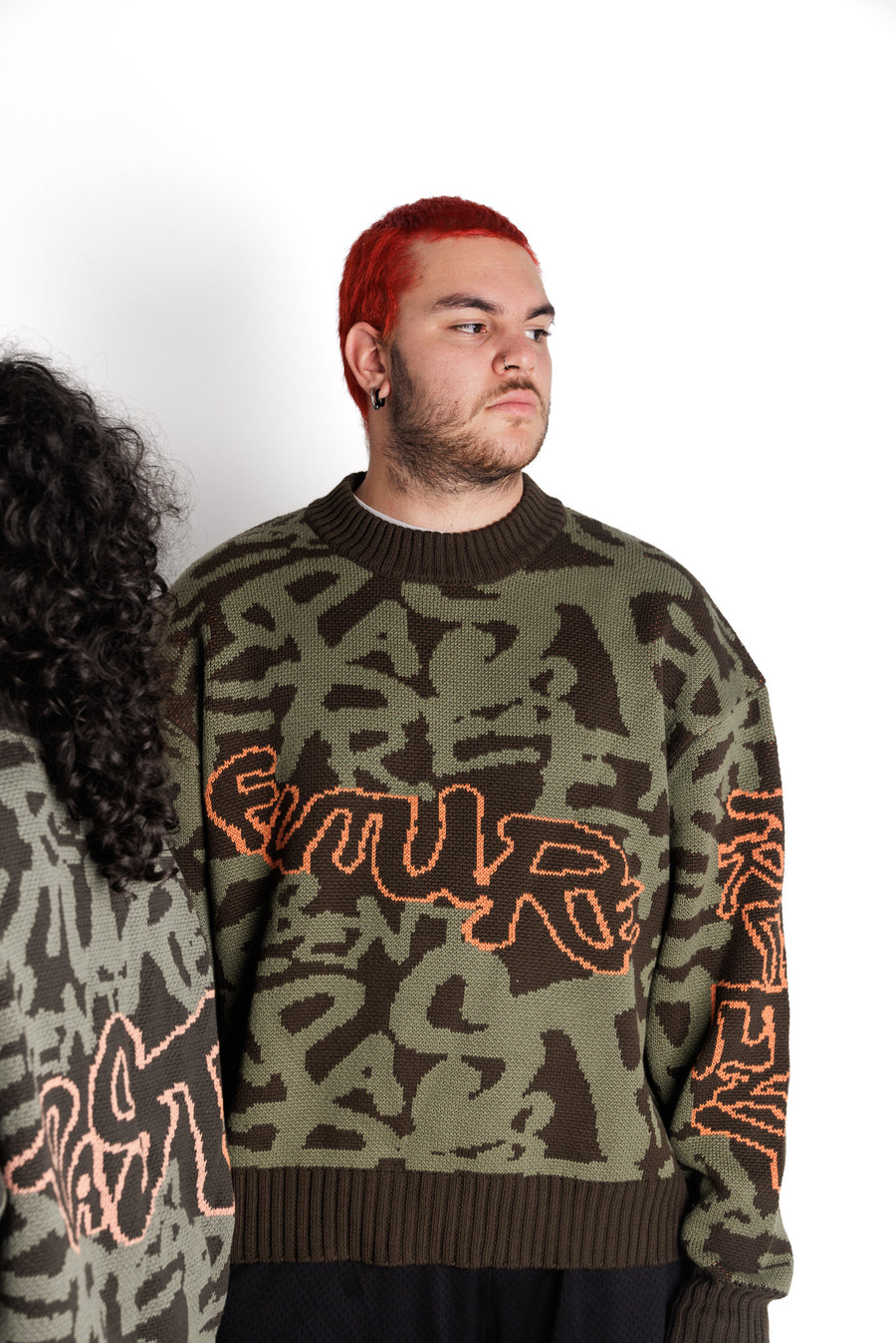
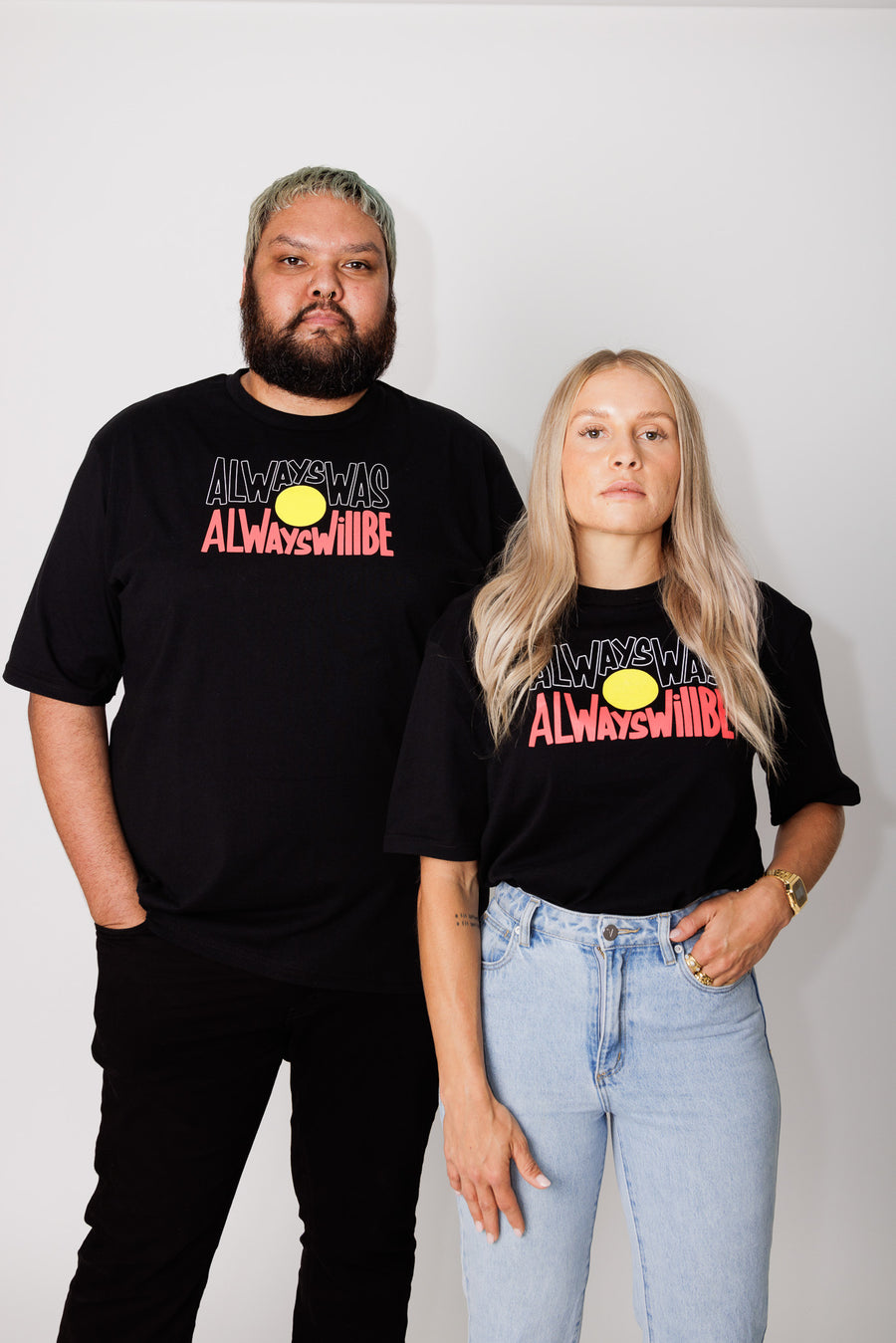
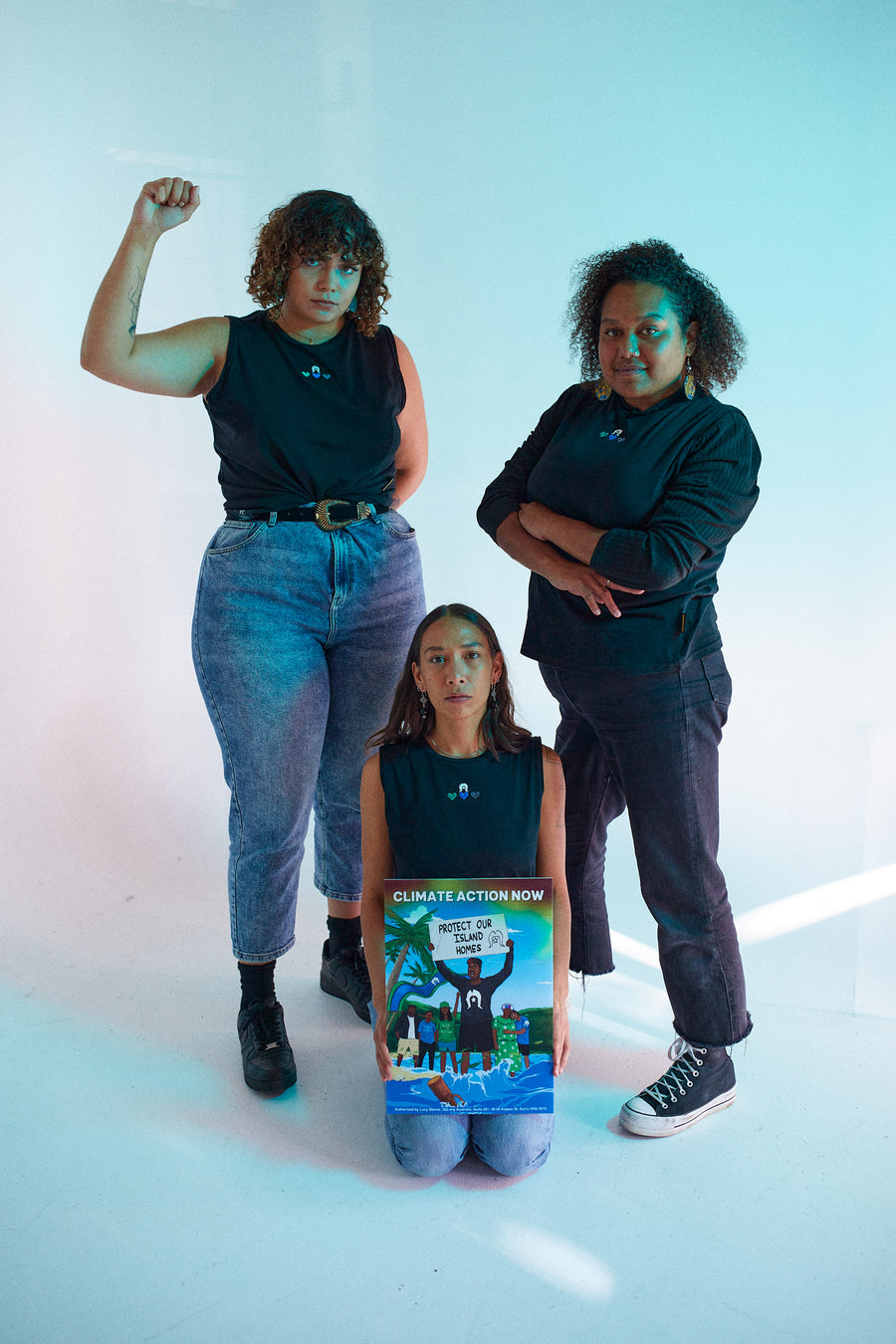


Leave a comment